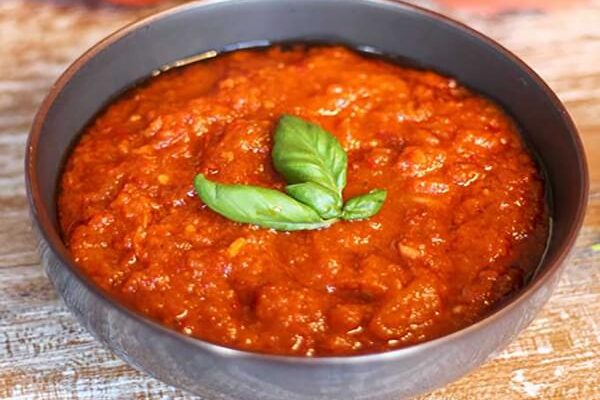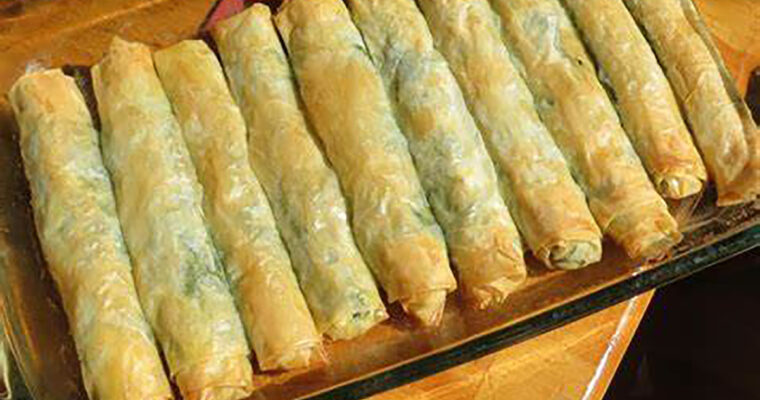Crisp, buttery, and lightly scented with orange – Traditional Greek Koulourakia are a Greek Easter classic worth baking all year.
Every Easter, my grandmother’s kitchen smelled like sunshine – orange zest, vanilla, and melting butter. She’d roll dough into ropes and twist them into elegant braids without ever measuring. I used to sneak warm koulourakia from the cooling rack when no one was looking.
Now, it’s my turn to shape these golden cookies – and pass this beautiful tradition to you.
Koulourakia, A Taste of Greek Tradition
Koulourakia (κουλουράκια) are traditional Greek butter cookies. Crisp on the outside, soft in the center, and perfect for dipping into coffee or milk. They’re especially popular during Orthodox Easter, often baked on Holy Thursday.
Each family has their own version. Some use orange juice, others add ouzo or mastiha. But they always include love and hospitality – the core of Greek food culture.
History & Origin On Koulourakia
These cookies have ancient roots. Variations of koulourakia date back to the Minoan civilization, where similar baked goods were offered during religious ceremonies. Over time, they became associated with major celebrations like Easter.
Twisting the dough into braids or “S” shapes represents continuity, eternity, and togetherness – values celebrated during spring and rebirth.
Recipe Tips
- If the dough is sticky, chill it for 15 minutes.
- Don’t overmix the flour – you want a tender cookie, not a tough one.
- Try shaping a few styles: braids, twisted ropes, “S” shapes, or circles.
- Bake one tray at a time for even browning.
- These make great gifts – wrap them up in kraft paper or tins!
Fun Facts
- Koulourakia are often made on Holy Thursday and served on Easter Sunday.
- Traditionally, they’re not overly sweet, so they’re perfect with coffee.
- Greek children love shaping them – it’s a great family activity.
- You can freeze the shaped, unbaked dough and bake fresh when needed.
There’s something magical about keeping traditions alive. When I bake koulourakia, I’m not just making cookies – I’m connecting to generations of bakers before me.
These little twists of joy aren’t just for Easter. Make them on a rainy afternoon. Bake them with your kids. Share them with a neighbor.
From my kitchen to yours – Καλή Ανάσταση and happy baking!

Traditional Greek Koulourakia (Easter Butter Cookies)
Ingredients
- Unsalted butter softened, room temp: 250 g
- Sugar: 200 g
- Eggs: 2 whole eggs + 1 egg yolk for brushing
- Zest of 1 orange or lemon
- Fresh orange juice: 50 ml
- Whole milk: 50 ml
- Baking powder: 10 g about 2 tsp
- Vanilla extract: 1 tsp or 1 packet vanilla powder
- All-purpose flour sifted: approx. 600–650 g
- 1 egg yolk + 1 tbsp milk for brushing
Instructions
- Cream the butter and sugar in a mixer for 5–7 minutes, until light and fluffy.
- Add the eggs one at a time and continue beating.
- Add the zest, vanilla, orange juice, and milk.
- In a separate bowl, mix the baking powder with the flour and gradually add it to the wet mixture.
- Knead gently until you get a soft, pliable dough that doesn’t stick to your hands. Add a bit more flour if needed.
- Cover the dough and let it rest for 20–30 minutes.
SHAPE – BRAID – BAKE
- Take pieces of dough about 30–35 g each and roll into a cord about 20 cm long.
- Twist or braid into the traditional shapes.
- Place on a parchment-lined baking tray and brush with the egg yolk + milk mixture.
- Bake in a preheated oven at 170°C (340°F) with fan for 18–20 minutes, until golden.
Notes
- You can flavor with masticha or ouzo for a more traditional taste.
- They keep fresh for up to 2 weeks in a sealed container.
- Perfect for Greek Easter or afternoon coffee.





